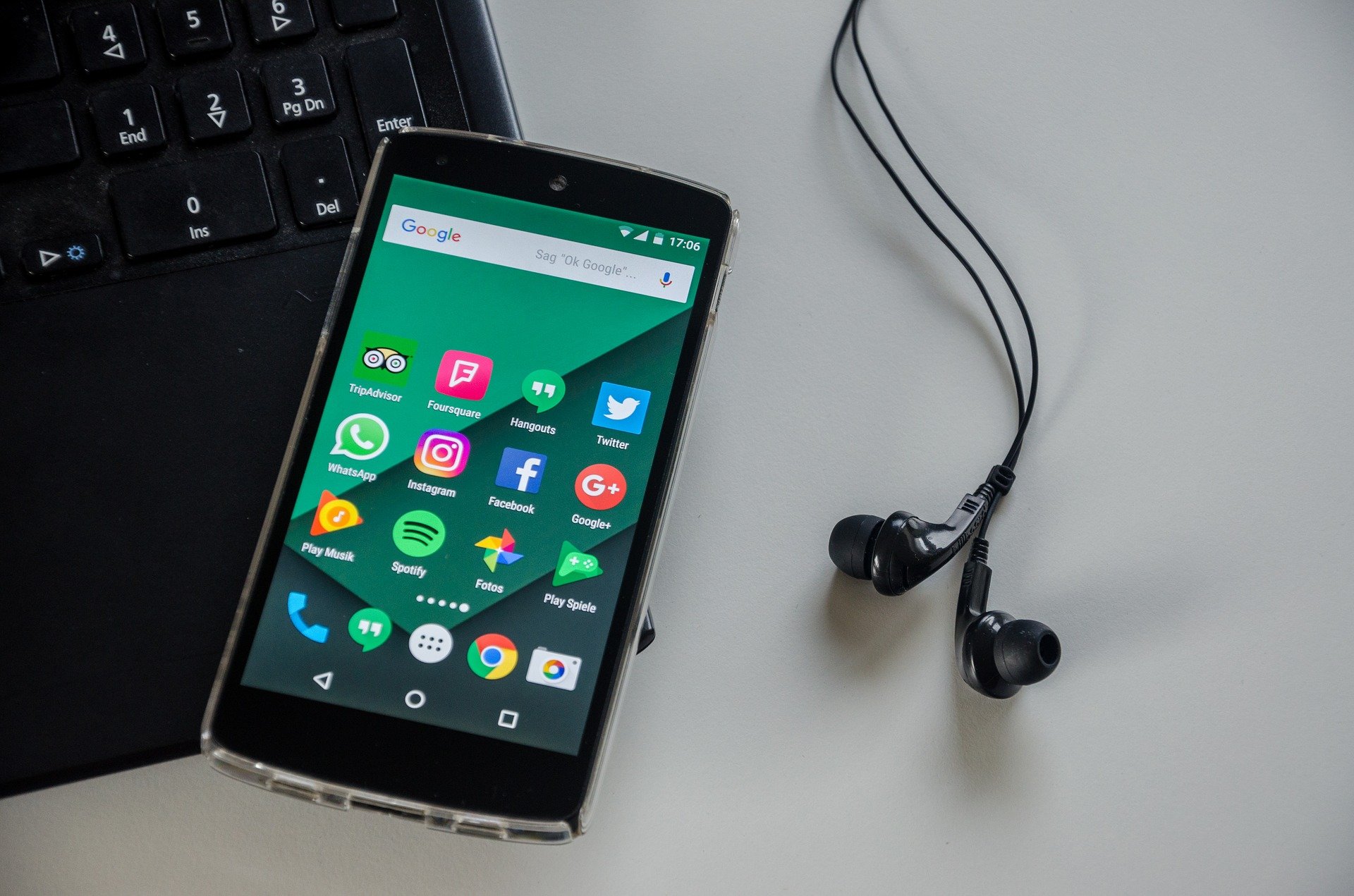Overcoming Digital Deserts: The Birth of Bronx Digital Equity Coalition
To help overcome the digital desert in the Bronx, a charity organization gave away more than 3000-plus devices and brought community stakeholders together.

Tools and ideas to transform education. Sign up below.
You are now subscribed
Your newsletter sign-up was successful
Before the COVID-19 pandemic started, the Bronx was known to be home to some of New York City’s largest digital deserts, neighborhoods where many people do not have internet access at home.
As the Bronx Community Foundation reports:
- The Bronx has the lowest broadband adoption rates of any borough and the disparities are even more pronounced at the neighborhood level, with 38% of The Bronx not having access to broadband.
- Nearly 1 in 5 teens cannot finish their homework because of the digital divide.
- Roughly one-third of households with children ages 6-17 and whose annual income falls below $30,000 a year do not have a high-speed Internet connection at home.
These already-significant problems were amplified during the early days of the pandemic.
“Students couldn't learn from home, people couldn't do remote work,” says Desmon Lewis, co-founder of The Bronx Community Foundation.
Desmon Lewis and his brother, Derrick Lewis, launched The Bronx Community Foundation in 2017. The siblings grew up in affordable housing in the South Bronx and formed the organization as a way to help support the many nonprofits already doing important work in that community by fostering more collaboration and organization between them. The foundation was designed to be flexible to the community's needs. In the aftermath of the devastating Bronx fire that killed 17 people, the organization set up a page for donations.
Back in the Spring of 2020, the organization shifted its focus to COVID relief, as the borough was particularly hard hit by the virus with New York City’s highest rates of hospitalizations and deaths.
“We launched something called the Bronx Community Relief Effort,” Desmon Lewis says.
Tools and ideas to transform education. Sign up below.
Irrigating Digital Deserts
The Bronx Community Relief Effort’s response to COVID included efforts to help facilitate internet access for more students. “We galvanized a group of about 20 organizations from all areas of the community, education institutions, nonprofits, digital equity organizations, health institutions, libraries,” Lewis says. “The Foundation brought all them together under the umbrella of the Bronx Community Relief Effort. And we started hosting these meetings every Wednesday morning, and we would all get on a call and we would share the challenges that we were facing, and most importantly, try to come up with solutions.”
These meetings helped community members realize just how significant the challenges posed by digital deserts were and also helped various stakeholders work together to find solutions and provide technology to students who needed it.
“We've distributed and acquired over 3,000-plus, laptops, Chromebooks and MiFi devices. And then we also paid for internet to keep students learning,” Desmon Lewis says. “We worked with public schools, and local private schools in the Bronx, to really get technology into hands.”
Attendance at the weekly meeting grew from representatives of 20 organizations to representatives from more than 60 organizations and the work the group did and continues to do was formalized into the Bronx Digital Equity Coalition.
Overcoming the Digital Desert: Next Steps
Desmon Lewis says that digital deserts in the Bronx are primarily formed by three factors, lack of availability, lack of affordability, and lack of training to use digital devices.
Many efforts were made by schools throughout the pandemic to address the first two problems and get students without access to internet-ready devices. While those problems persist, going forward a major concern of Lewis is making sure the training element is in place. “Getting students comfortable and having learning about these technologies be a part the standard curriculum, and to teach students the benefits of learning these skills and where that can take them – I think that's still a major gap,” he says.
He adds part of overcoming this digital learning gap will be fostering better connections between institutions of higher education and K-12 schools in the Bronx so that younger students know about the college majors and jobs that are available and the skills they need to develop to pursue those careers. The Bronx Community Foundation has a new president and CEO, Dr. Meisha Ross Porter, former New York City Schools Chancellor.
“Having led the largest school system in the country, she brings a wealth of knowledge and experience to the table to help us hone in on the needs of our students,” Lewis says. “So we're extremely excited about what that could bring for the community in 2022.”
Erik Ofgang is a Tech & Learning contributor. A journalist, author and educator, his work has appeared in The New York Times, the Washington Post, the Smithsonian, The Atlantic, and Associated Press. He currently teaches at Western Connecticut State University’s MFA program. While a staff writer at Connecticut Magazine he won a Society of Professional Journalism Award for his education reporting. He is interested in how humans learn and how technology can make that more effective.

